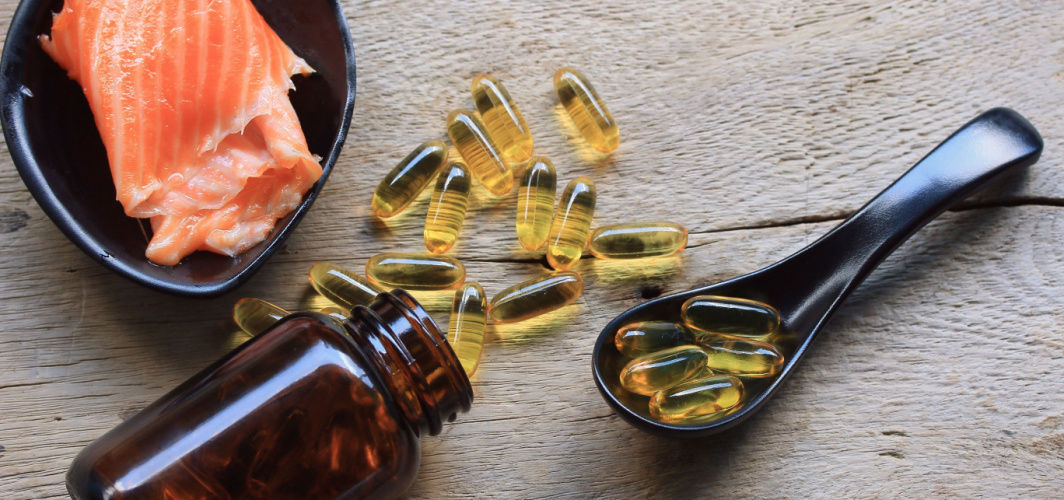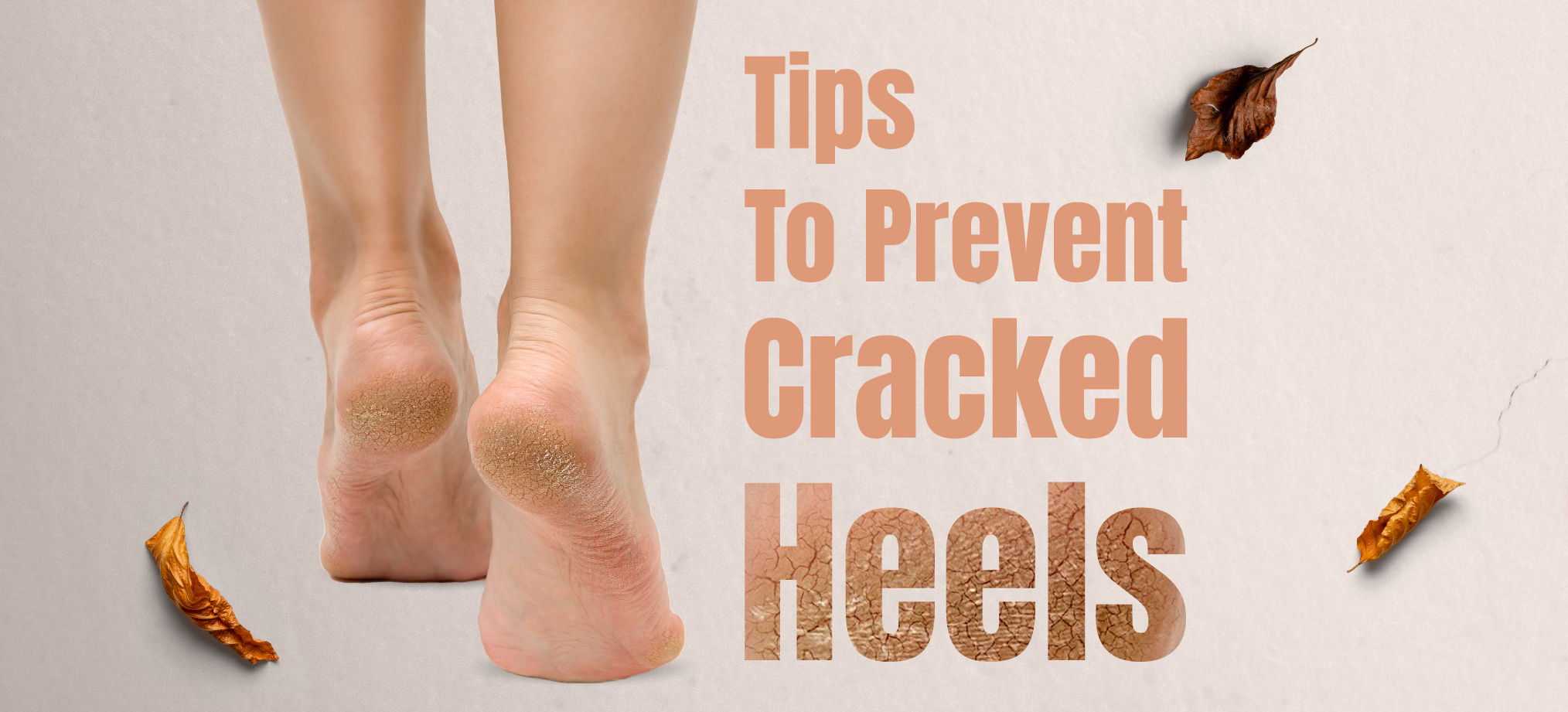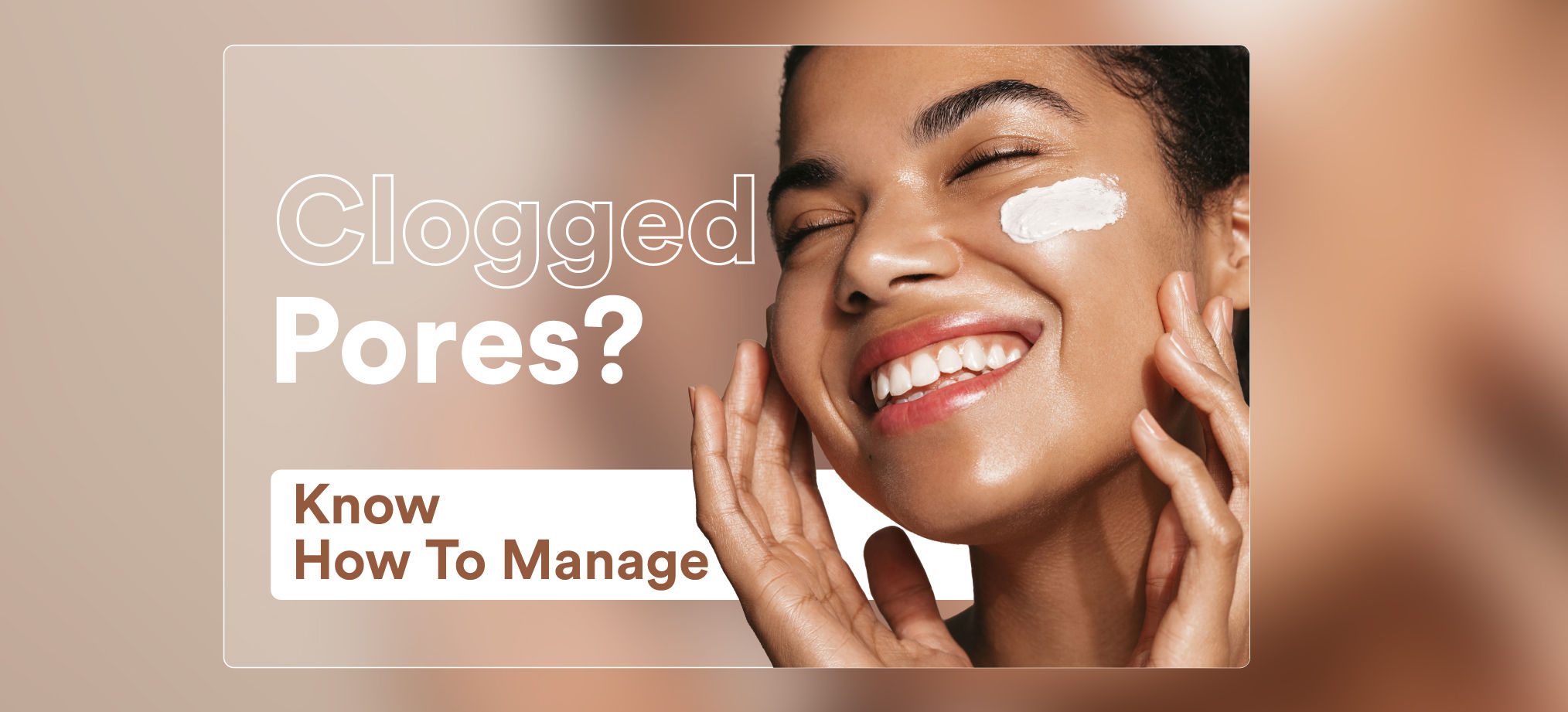Skin Care
Can Fish Oil Improve Hair Growth And Thickness?
8 min read
By Apollo 24|7, Published on - 22 September 2023, Updated on - 02 November 2023
Share this article
0
0 like

Are you struggling with hair growth and thickness issues? If so, you may have come across the idea of using fish oil to promote healthy hair. Fish oil, rich in omega-3 fatty acids, is known to have numerous omega 3 benefits for hair and overall health. To understand how fish oil can potentially affect hair growth and thickness, it's important to grasp the basics of the hair growth cycle. Hair follicles go through a continuous cycle of growth, rest, and shedding. Factors such as genetics, age, hormonal changes, and nutritional deficiencies can influence this cycle and impact hair quality. In this blog post, we will delve into the science, benefits of omega 3 for hair, and potential drawbacks of using fish oil for hair growth and thickness, providing you with a comprehensive understanding to make an informed decision.
The Role of Nutrients in Hair Health
Various vitamins, minerals, and fatty acids play a vital role in promoting hair growth and thickness. Let's explore some key nutrients that are beneficial for your hair:
- Omega-3 Fatty Acids: Omega-3 fatty acids have shown promising results when it comes to promoting hair growth and reducing hair loss. Fish oil is an excellent source of omega-3 fatty acids, which have anti-inflammatory properties that can help nourish the hair follicles.
- Vitamins: Biotin, also known as vitamin B7, is crucial for maintaining healthy hair. It aids in the production of keratin, a protein that forms the structure of the hair strand. Vitamin D is also essential for hair health as it promotes hair follicle cycling.
- Minerals: Zinc plays a significant role in hair tissue growth and repair. It helps to keep the oil glands around the follicles functioning properly. Iron is crucial for carrying oxygen to the hair follicles, promoting healthy hair growth.
How does Fish Oil Work?
Fish oil, rich in omega-3 fatty acids, has gained popularity for its potential benefits in promoting hair growth and thickness. Let's explore the potential mechanisms of action:
- Anti-inflammatory Properties: Omega-3 fatty acids have been shown to possess anti-inflammatory properties, which can help reduce scalp inflammation. Inflammation is often associated with hair loss, so reducing it may promote a healthier scalp environment for hair growth.
- Improved Blood Circulation to the Scalp: Omega-3 fatty acids can improve blood flow and circulation throughout the body, including the scalp. This increased blood flow can deliver essential nutrients and oxygen to the hair follicles, promoting their health and growth.
- Nourishment of Hair Follicles: The nourishing properties of omega-3 fatty acids can benefit the hair follicles directly. They help to strengthen the hair shaft, prevent breakage and enhance overall hair quality.
Recommended Dosage and Usage
The optimal dosage of fish oil for hair health varies depending on individual needs and factors such as age, gender, and overall health.
The American Heart Association recommends consuming 1-2 servings of fatty fish per week, which provides about 250-500 mg of combined EPA and DHA (the two main types of omega-3 fatty acids).
1. Forms of Fish Oil Supplements
Fish oil supplements are available in both liquid and capsule forms. Both forms have their advantages and efficacy. Here are some points to consider:
- Liquid: This form allows for easy customisation of dosage and can be mixed with food or beverages for consumption. However, some people may find the taste unpleasant.
- Capsules: These are convenient and portable. They eliminate the taste associated with liquid fish oil but may be difficult to swallow for some individuals.
2. Precautions and Potential Side Effects
While fish oil is generally considered safe for most individuals, it is essential to take certain precautions and be aware of potential side effects. Some key points to keep in mind include:
- Quality: Ensure that you choose a reputable brand that follows good manufacturing practices to minimise the risk of contaminants or rancidity in the fish oil.
- Allergies: If you have a known allergy to fish or shellfish, consult with your healthcare provider before starting fish oil supplements.
- Blood-thinning medications: Fish oil may have a mild blood-thinning effect, so if you are taking any medications that also have this effect, such as anticoagulants, consult with your healthcare provider for appropriate dosage adjustments.
- Digestive issues: Some individuals may experience gastrointestinal discomfort, such as bloating or diarrhoea when taking fish oil supplements. Starting with a lower dosage and gradually increasing it can help minimise digestive issues.
How To Incorporate Fish Oil into Your Hair Care Routine?
Now that we know about the omega 3 benefits for hair growth and thickness, let's talk about how you can incorporate the supplement into your daily routine:
1. Dietary Sources of Omega-3 Fatty Acids
While fish oil supplements are a common source of omega-3s, there are several dietary sources of these healthy fats apart from fish oil supplements. You can:
- Include fatty fish like salmon, mackerel, and sardines in your diet. These are excellent natural sources of omega-3 fatty acids.
- Incorporate plant-based sources of omega-3s, such as flaxseeds, chia seeds, and walnuts, into your meals.
- Consider consuming algae-based omega-3 supplements if you are a vegetarian or vegan.
2. Tips for Incorporating Fish Oil into Your Daily Life
Here are some tips to help you include fish oil in your daily routine:
- Start with small doses: Begin with a low dosage of fish oil supplements to gauge your body's response. Gradually increase the dosage over time.
- Choose high-quality supplements: Look for fish oil supplements that are molecularly distilled to ensure purity and effectiveness.
- Take it with a meal: Consuming fish oil with a meal can help enhance absorption and reduce the risk of stomach upset.
- Consult your healthcare provider: Before incorporating any new supplement into your routine, it is essential to consult with a healthcare professional, especially if you have any underlying medical conditions or take medications.
Scientific Evidence on Fish Oil and Hair Health
Several studies and clinical trials have been conducted to evaluate the effects of fish oil on hair health. Let's take a closer look at the findings:
1. Relevant Studies and Research
- A study published in the Journal of Cosmetic Dermatology found that omega-3 fatty acids, such as those found in fish oil, can improve hair density and reduce hair loss in women.
- Another study published in the Journal of Cosmetic Science demonstrated that a fish oil supplement increased hair growth and reduced hair loss in men with pattern baldness.
2. Clinical Trials Evaluating the Effects of Fish Oil
- One clinical trial conducted on women with temporary hair thinning found that omega-3 supplementation resulted in significant improvements in hair diameter, density, and overall hair health.
- In a separate clinical trial involving men with male pattern baldness, participants who took a fish oil supplement experienced improved hair growth and reduced shedding.
Lifestyle Factors for Healthy Hair
Maintaining healthy hair involves more than just using the right hair care products; it also involves adopting a set of lifestyle habits that promote hair health from the inside out.
1. Importance of a Balanced Diet and Hydration
A balanced diet plays a crucial role in maintaining healthy hair. It should include a variety of nutrients, such as:
- Protein
- Vitamin A
- Vitamin C
- Vitamin E
- Zinc (a mineral)
- Iron (a mineral)
Hydration is also essential for healthy hair. Make sure to drink enough water throughout the day to keep your hair hydrated from the inside out.
2. Stress Management
Stress can hurt hair health and may lead to hair loss or thinning. Find healthy ways to manage stress, such as:
- Practising meditation
- Deep breathing exercises
- Engaging in activities you enjoy
Adequate sleep is also important for managing stress and promoting hair health. Aim for 7-8 hours of quality sleep per night.
3. Hair Care Practices to Promote Growth and Reduce Damage
To promote hair growth and reduce damage, it's important to establish a hair care routine that focuses on nourishing and protecting your hair.
- Avoid using harsh chemicals or heat styling tools excessively, as they can damage the hair shaft and lead to breakage. Opt for natural or gentle hair care products.
- Regularly trim your hair to get rid of split ends and promote healthy growth.
- Be gentle when brushing or combing your hair, especially when it's wet, as wet hair is more prone to damage.
- Protect your hair from excessive sun exposure by wearing a hat or using a leave-in conditioner with UV protection.
Conclusion
In conclusion, fish oil, particularly rich in omega-3 fatty acids, has demonstrated promising omega 3 benefits for hair growth and thickness. The omega-3 fatty acids found in fish oil provide essential nutrients that nourish the hair follicles and promote healthy hair growth. While there is scientific evidence suggesting that the omega-3s in fish oil can indeed contribute to a healthier scalp and stronger hair follicles, the results can vary from person to person. Before integrating fish oil supplements into your daily routine, it's crucial to consult a healthcare professional. They can offer tailored guidance on the appropriate dosage and personalized advice for your hair care regimen.
Skin Care
Consult Top Dermatologists
View AllFrequently Asked Questions
Can fish oil promote hair growth?
Can fish oil promote hair growth?
How much fish oil should one consume for hair benefits?
How much fish oil should one consume for hair benefits?
Can fish oil improve hair thickness?
Can fish oil improve hair thickness?
Are there any side effects of fish oil?
Are there any side effects of fish oil?
Are there any other ways to promote hair growth naturally?
Are there any other ways to promote hair growth naturally?
Leave Comment
Recommended for you

Skin Care
Painful Cracked Heels? Here Are 5 Tips To Avoid Them
Heel fissures, if not taken care of, can lead to bleeding and even infections. However, using certain home remedies such as using a moisturising cream or keeping yourself hydrated can help you avoid crack heels.

Skin Care
How To Take Care Of Your Skin Before And After Holi?
Holi is a vibrant festival of colours, however, some of the toxic Holi colours can result in skin irritation and infections. Therefore, it is necessary to take care of your skin before and after the festival to avoid any skin issues.

Skin Care
Having Clogged Pores? Know What Causes Them and How To Prevent Them
Concerned by clogged pores? Learn about the common causes of clogged pores and the best ways to prevent and clean them.
Subscribe
Sign up for our free Health Library Daily Newsletter
Get doctor-approved health tips, news, and more.
Recommended for you

Skin Care
Painful Cracked Heels? Here Are 5 Tips To Avoid Them
Heel fissures, if not taken care of, can lead to bleeding and even infections. However, using certain home remedies such as using a moisturising cream or keeping yourself hydrated can help you avoid crack heels.

Skin Care
How To Take Care Of Your Skin Before And After Holi?
Holi is a vibrant festival of colours, however, some of the toxic Holi colours can result in skin irritation and infections. Therefore, it is necessary to take care of your skin before and after the festival to avoid any skin issues.

Skin Care
Having Clogged Pores? Know What Causes Them and How To Prevent Them
Concerned by clogged pores? Learn about the common causes of clogged pores and the best ways to prevent and clean them.
